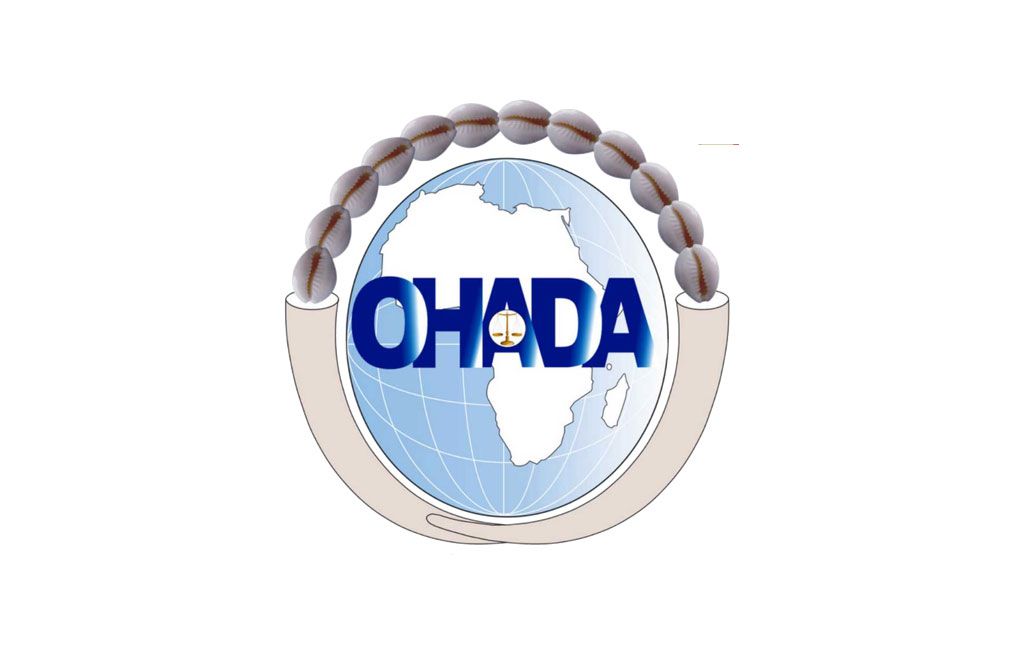OHADA’s main mission is to harmonize business law in Africa in order to guarantee legal and judicial certainty for investors and companies in its member states.
The Organization for the Harmonization of Business Law in Africa (OHADA) was created by the Treaty on the Harmonization of Business Law in Africa, signed in Port-Louis on October 17, 1993, and revised in Quebec City, Canada, on October 17, 2008.
To date, seventeen (17) States are members of the Organization for the Harmonization of Business Law in Africa: Benin, Burkina-Faso, Cameroon, Central African Republic, Chad, Côte d’Ivoire, Congo, Comoros, Democratic Republic of Congo (DRC), Gabon, Guinea, Guinea-Bissau, Equatorial Guinea, Mali, Niger, Senegal and Togo. The main aim of the Treaty is to remedy the legal and judicial insecurity existing in the States Parties.
And it is undeniable that legal balkanization and judicial insecurity were a real obstacle to economic development. Harmonizing economic law and improving the functioning of judicial systems in our countries were therefore considered necessary to restore investor confidence, facilitate trade between countries and develop a high-performance private sector.
Economic globalization calls for the harmonization of laws and legal practices. For developing countries such as ours, this is a priority if we are to create the conditions for the legal and judicial certainty that is essential if we are to attract major investment flows. Investing is already a risk in itself, even if it is a calculated one; if we have to double this inescapable initial risk with that of a fluctuating, undulating and elusive legal system, there won’t be much chance of attracting investors.
Twenty-two years after the creation of this organization, it represents an immense work of unification of law on a material and territorial level. As such, it provides a firewall against the fragmentation of business law, the isolation of member states and the creation of an integrated legal space conducive to generating a viable and vibrant economic area. At the same time, it can serve as a model for Africa and beyond, since the Caribbean countries have already implemented a comparable project.
- Current Events
- Upcoming Events
- Past Events



